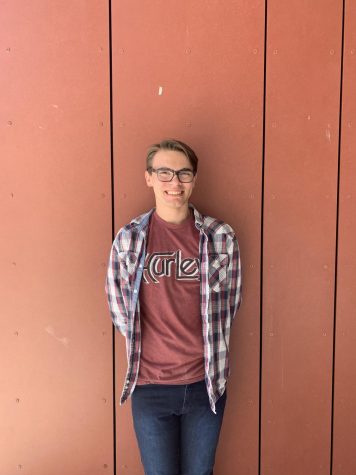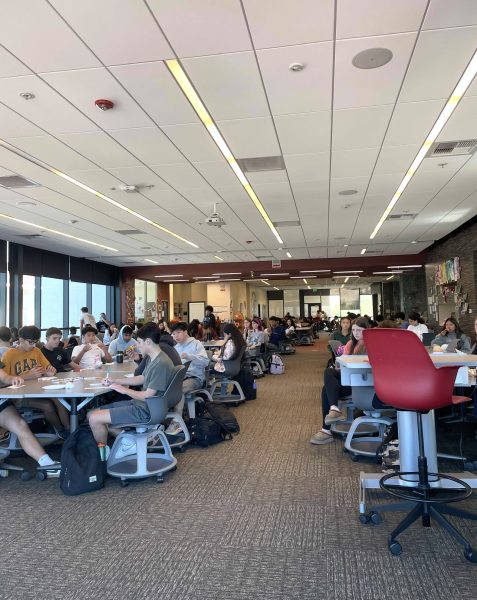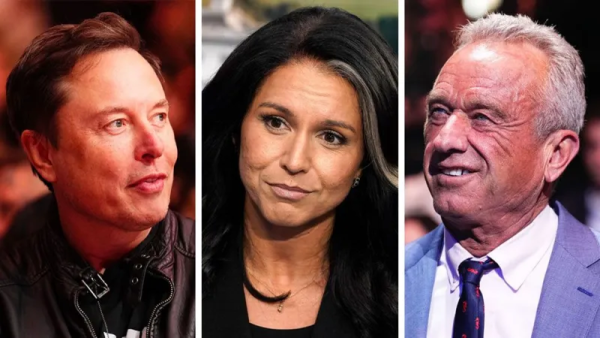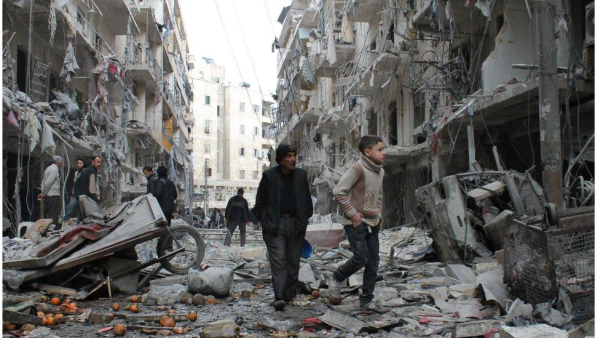LGBTQ Representation
In 2015, history was made with the legalization of gay marriage in America. This has resulted in an increased amount of LGBT teenagers coming out, and schools in turn have adapted programs and clubs aimed at securing their rights.
In past years the LGBT (Lesbian, Gay, Bisexual and Transgender) representation has begun to fade on campus. Even with GSA (Gay Staight Alliance) exsisting, outreach programs have become more focused on bringing a cohesiveness to members within the club instead of on campus.
“For the most part GSA is a fun safe space,” vice president junior Lily Gutay said. “GSA represents us as an inclusive community.”
While having a safe space for LGBT students is important; it often times becomes difficult to differentiate when an event is furthering the gap between the LGBT and heterosexual communities. Take for example Gayla, a gala designed to essentially provide LGBT students with a dance where they can be free from judgement. While at first this may seem like a solution, the introduction of ideas like these actually ignore anti-LGBT issues on campus.
Creating a separate event for trans-gender and homosexual students to attend isn’t empowering these individuals, but segregating them, and enforcing a “snowflake mentality.”
“[It’s] hard to show representation without it feeling forced, or more like tokenism,” senior Amaryllis Strohl said.
Many within the community also agree that oftentimes allies are misinformed, and in turn advocate for issues that really aren’t critical to most
“I feel there are sometimes [allies] for the community who misinterpret things, just because they aren’t their issues,” Gutay said. “And it’s not necessarily like these are issues that they face, so I understand why this happens.”
Another concern for students who identify as LGBT isn’t necessarily that people passionately support them, but instead that there is a clearly defined place where they can communicate problems that occur on campus.
“One time I was walking with my two friends and they had just started dating each other and [someone] told them to stop holding hands,” senior Emilia Wok said. “I’ve never seen this happen to a straight couple.”
Conclusively, although the struggle for equality is still far from over for the LGBT community, students continue to advocate for themselves in their own way. Members continue to face consumer discrimination, face increased rejections for loans and are continually scrutinized by radical religious organizations; and these issues are only the ones present in America. Only 28 countries have legalized gay marriage and alone the murders of LGBT people in the middle east and Africa.
“Often times I just choose to not tell people [that I’m bisexual] because it’s easier that way,” senior Ann Marie Bormolini said. “It’s a very personal thing for me anyways.”

Nick Whiteaker is this year’s opinion editor for The Stampede and is a junior at Monte Vista. This...






